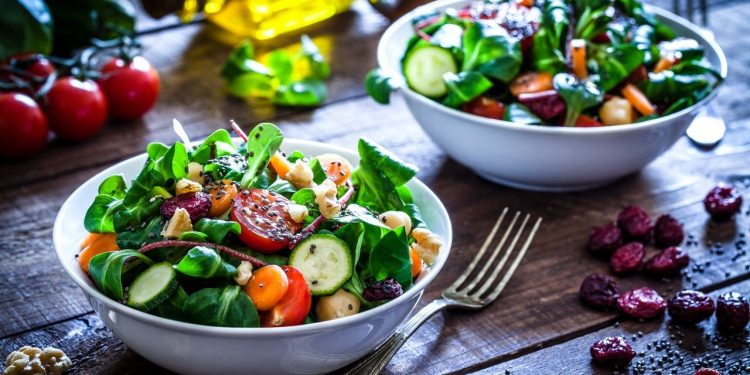The past few years have seen a steady growth in the number of people turning vegans. Majority of these people comprise the health-conscious millennials, who prefer buying their own food. The wave of people shunning animal products and going for a healthy, sustainable, and compassionate vegan diet cannot be ignored. Ahead of World Vegan Day November 1, Orissa POST interacts with few youngsters, who share their reasons behind going vegan.
Hemanta Roul from Rayagada says, “In 2010, the UN released a report encouraging a global move to stay away from animal products. The report says: ‘Impacts from agriculture are expected to increase substantially due to population growth increasing consumption of animal products. Unlike fossil fuels, it is difficult to look for alternatives. People have to eat. A substantial reduction of impacts would only be possible with a substantial worldwide diet change, away from animal products.’”
“The animals raised for food production are fed over half of all the world’s crops. These crops could be used to feed undernourished people across the world and could play an important part in solving the world’s food crisis. Following a vegan lifestyle also helps in checking air pollution and puts less stress on our natural resources by requiring less land, fossil fuels, and water. Given that global population is expected to reach nine billion by 2050, turning vegan is perhaps the best way to reduce pressure on our environment, and this may be absolutely crucial for our survival,” he adds.
Dr Deepak Swain from SCB Medical College and Hospital, Cuttack, says, “A number of studies show that vegans tend to be slimmer and have lower body mass indexes (BMIs) than non-vegans. This is one of the primary reasons most vegans have a balanced weight. Also, turning vegan lowers the risks of type 2 diabetes and aids the kidney in functioning properly. Vegans tend to have lower blood sugar levels, higher insulin sensitivity and up to 50 to 78 per cent lower risk of developing type 2 diabetes. If you go vegan there will also be lower chances of cancer and heart attack.”
“By going vegan you will also have lower chances of ailments like joint pain and arthritis, which is quite common in the elderly,” he adds.
Cuttack-based Bipin Kumar Dash says, “It’s good to see more people going vegan. It is good for billions of animals, who suffer at factory farms. Killing chicken, goat, lamb and other animals for food is cruelty. It is crime. Moreover, these animals are mostly brought up in unhygienic conditions and having them as food can lead to deadly virus attacks. It’s like we are responsible for spreading epidemics by farming animals for our food.”
Bhubaneswar-based Soumya Mohanty says, “A vegan lifestyle has its own benefits. Your body gets plenty of nutrients from the food you have unlike animal products which lack certain important vitamins like Vitamin A, zinc and magnesium. Moreover, even if you want your body to get these nutrients and consume other nutritious food, a non-vegan diet will stop our body from fully absorbing all these nutrients.”
“Another important thing about going vegan is that our taste buds start functioning better. It will help us develop a taste for non-vegan food” he adds.
SOYONG, OP






































